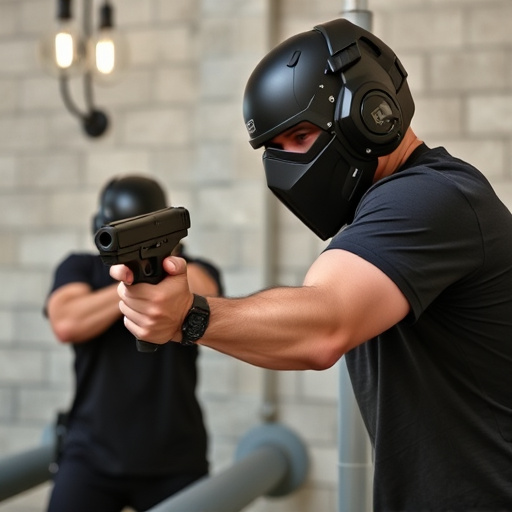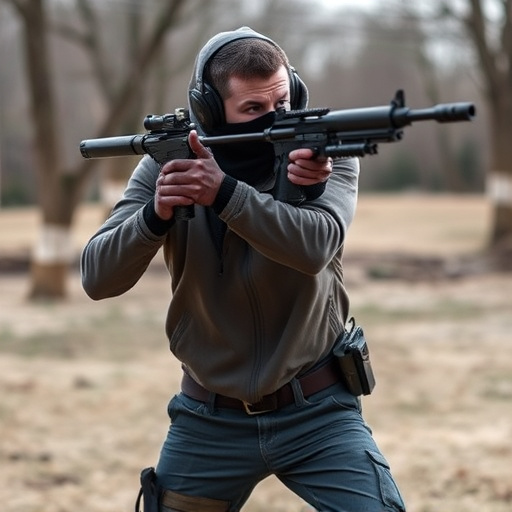Understanding state laws regarding taser ownership is crucial for safe personal protection with stun guns. Each US state has unique regulations on possession, carry, and use, ranging from unrestricted to permit-required. Responsible usage involves learning local rules, proper training, safe handling, and using stun guns only as a last resort.
“In today’s world, self-defense options like stun guns have gained popularity among civilians seeking protection. However, understanding state laws regulating taser ownership is crucial before considering their acquisition. This article guides you through the safeguards and requirements for civilian use of stun guns, focusing on how to safely use a stun gun for protection while adhering to legal constraints. By delving into these regulations, individuals can make informed decisions about their personal safety.”
- Understanding State Laws Regulating Taser Ownership
- Safeguards and Requirements for Civilian Use of Stun Guns
Understanding State Laws Regulating Taser Ownership

Understanding state laws regulating taser ownership is crucial for anyone considering acquiring a stun gun for personal protection. Each U.S. state has its own set of regulations, varying widely in terms of who can own a taser, where they can be carried, and under what circumstances. Some states allow unrestricted possession while others require permits or specific training certifications. For instance, understanding how to safely use a stun gun for protection becomes paramount when navigating these laws; proper handling and knowledge of local regulations are key to ensuring both your safety and compliance.
These laws often differentiate between personal defense and law enforcement use, with stricter rules applying to the latter. Additionally, certain states impose restrictions on where tasers can be stored, such as in vehicles or at home, and may have specific requirements for transporting them in public spaces. Staying informed about these regulations is essential, as owning a taser without adhering to state laws can result in legal consequences.
Safeguards and Requirements for Civilian Use of Stun Guns

The civilian ownership of stun guns, also known as tasers, is regulated by state laws in the United States, with varying requirements and safeguards in place. Before considering how to safely use a stun gun for protection, individuals must understand these legal parameters. Each state has its own set of rules regarding who can possess, carry, and use stun devices, with some states allowing open carry while others restrict it to concealed carry only.
To ensure safety when using a stun gun, several key practices should be followed. These include proper training on the device’s functionality and safe handling, understanding local laws to avoid legal repercussions, and utilizing the tool as a last resort for self-defense. It is crucial to remember that stun guns are not weapons of mass destruction but rather non-lethal tools designed to temporarily incapacitate an assailant. Responsible ownership and usage involve keeping the device out of reach of children and storing it securely when not in use.
When it comes to civilian taser ownership, understanding your state’s laws is crucial for ensuring safe use. Each jurisdiction has specific requirements and safeguards in place for those seeking to possess a stun gun for personal protection. By adhering to these regulations and learning proper usage techniques, individuals can effectively utilize stun guns as a means of self-defense while navigating the legal framework governing their ownership. Remember, knowledge is key; stay informed about your rights and responsibilities when considering how to safely use a stun gun for protection in your community.
